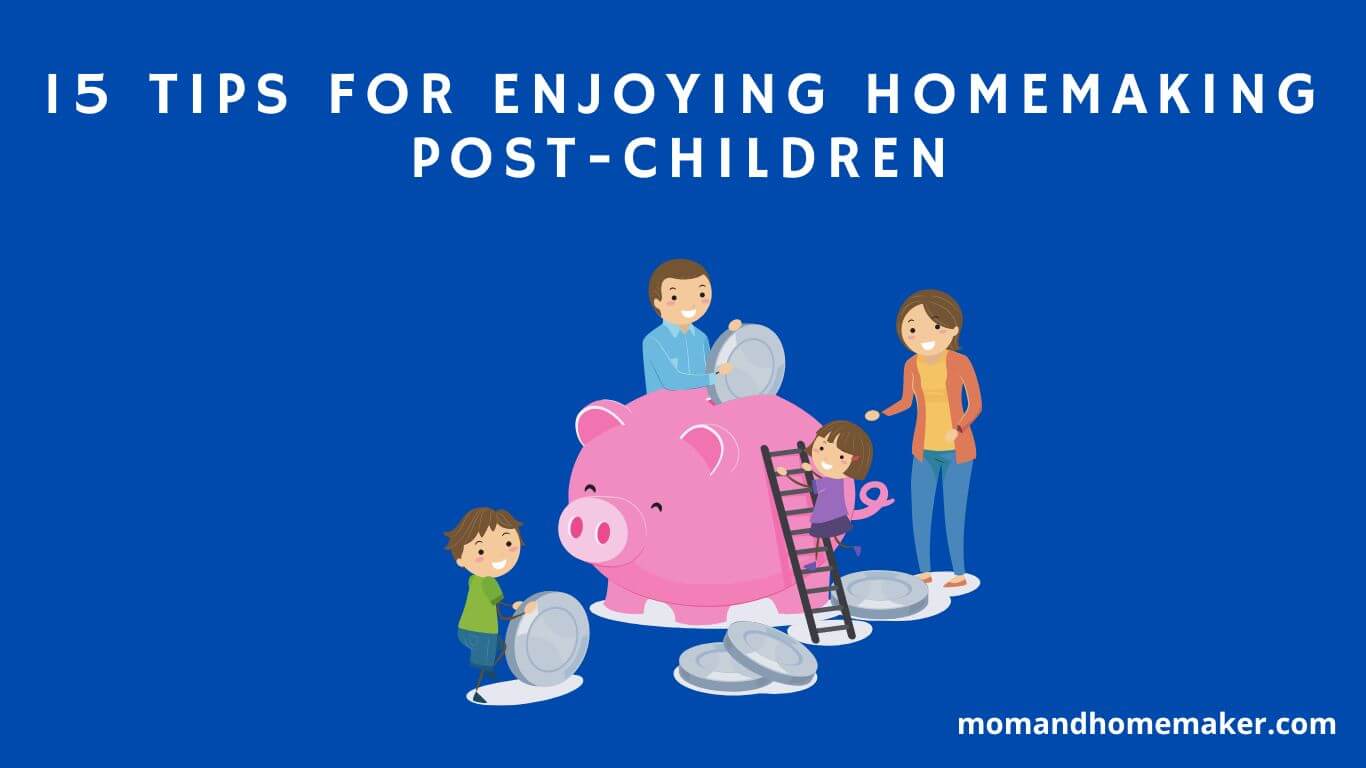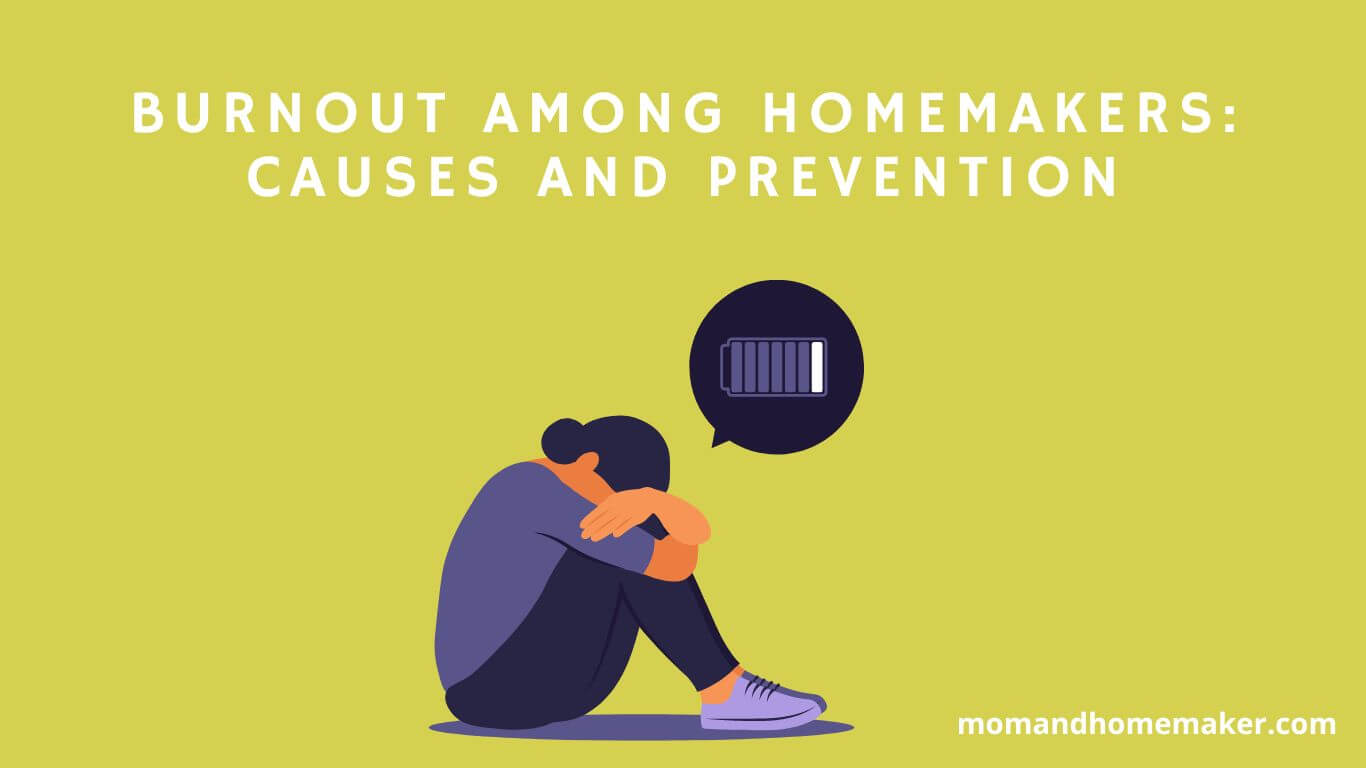Being a stage mom can be exciting as you help your child shine on stage, but it’s important to find the right balance. While it’s natural to want the best for your young performer, it’s crucial to avoid becoming too controlling.
In the world of auditions and busy schedules, take a moment to think about how your actions may affect your child’s happiness and love for the arts.
Let’s discuss the difference between being a supportive parent and an overbearing stage mom, and how it can impact your child’s growth and joy.
Signs of Overbearing Behavior

If you constantly feel the need to closely control every aspect of your child’s actions and decisions, you might be showing signs of overbearing behavior. It’s crucial to set healthy boundaries while supporting your child’s journey in the spotlight.
By establishing clear limits and respecting your child’s independence, you can help them develop a sense of autonomy. Building trust is essential for nurturing a strong parent-child relationship during their performances. Demonstrate your belief in your child’s abilities and allow them to take the lead at times.
Using positive reinforcement can greatly boost your child’s confidence and motivation. Celebrate even the smallest achievements to encourage continuous progress. Open communication is key to understanding your child’s needs and concerns. Listen attentively and create a safe space for them to express themselves.
Encouraging autonomy enables your child to freely explore their talents and interests. Support their decisions and guide them towards choices that align with their passions. By following these principles, you can be a supportive stage parent while fostering your child’s independence and self-assurance.
Micromanaging Rehearsals and Performances
When guiding your child through rehearsals and performances, it’s important to strike a balance between offering support and allowing room for growth. Here are some key points to consider:
- Rehearsal Approach: Encourage your child to explore and learn from mistakes during rehearsals. These experiences help them develop and enhance their skills over time.
- Feedback after Performances: Provide constructive feedback post-performance, highlighting both successes and areas for improvement. Foster open communication to help them grasp your perspective effectively.
- Communication Skills: Assist your child in honing effective communication skills by actively listening, giving clear instructions, and promoting a respectful exchange of ideas.
Comparing Your Child to Others

Avoid constantly comparing your child’s progress to that of their peers, as it can hinder their individual growth and confidence. Instead of measuring your child against others, focus on healthy comparisons that highlight their unique strengths and areas for improvement.
Celebrating differences among children can lead to personal growth and development. Encourage your child’s uniqueness and help them see the value in their individual talents.
Putting Pressure on Your Child
Stop pressuring your child to meet unrealistic expectations and learn to appreciate and respect their unique pace and abilities. It’s crucial to create a supportive environment where your child can thrive without feeling overwhelmed or stressed.
Here are some tips to ensure you’re not putting too much pressure on your child:
- Set Healthy Boundaries: Establish clear boundaries to avoid pushing your child too hard. Respect their limits and refrain from pushing them beyond their capacity.
- Encourage Independence: Allow your child to make decisions about their interests and activities. Support their choices and provide guidance without imposing your own desires on them.
- Give Positive Feedback: Recognize and praise your child’s efforts and progress. Positive feedback helps boost their confidence and motivation, fostering a positive attitude towards their goals.
Maintain a balance between setting expectations and giving your child the space to grow at their own pace. Remember, nurturing their talents should stem from love and support, not from fulfilling your own aspirations.
Controlling Their Artistic Choices

Respect your child’s artistic choices by allowing them the freedom to explore and express themselves without imposing your preferences. It’s important to let your child make their own decisions when it comes to their art. Instead of trying to control everything they do, offer them guidance that supports their independence while setting healthy boundaries.
Supporting your child’s artistic freedom means valuing their creativity and unique style. By giving constructive feedback and growth opportunities, you empower them to develop their skills and artistic points of view.
Encouraging creativity involves creating a space where they feel comfortable trying new things, making mistakes, and learning from them.
Ignoring Their Wants and Needs
When supporting your child in their artistic endeavors, it’s important not to overlook their wants and needs. Remember, their journey is about them, not you. Disregarding what they desire can hinder their growth and passion for the performing arts.
Here are some key points to consider:
- Respecting boundaries: It’s crucial to acknowledge your child’s limits to prevent burnout and resentment. Let them progress at their own pace and respect their boundaries.
- Acknowledging aspirations: Your child likely has specific dreams and goals. Encouraging their aspirations instead of dismissing them can help maintain their interest in their craft. Support their ambitions in a positive and healthy way.
- Addressing needs: Whether it’s rest, emotional support, or personal time, overlooking your child’s needs can negatively impact their well-being. Prioritize their overall health and happiness alongside their artistic development.
Making Everything About Winning

Focusing too much on winning can take away from the true essence of your child’s artistic pursuits and add unnecessary pressure. While some competitions can be motivating, putting too much importance on winning can create a mindset where success is the only thing that matters.
Instead of just fixating on the end goal, it’s important to appreciate the journey your child is on. Encouraging their growth, celebrating their progress, and nurturing their passion for the art are all vital for their development. Setting realistic goals that challenge them without overwhelming them is key to maintaining a healthy balance.
Promoting fair play and respect for others, providing constructive feedback to help them improve, and recognizing milestones and skill enhancements are all ways to encourage growth and progress.
Remember, the main goal isn’t just about winning competitions but also about fostering a love for the craft and supporting your child’s artistic and personal growth. By finding a balance between competition and a supportive environment, your child can thrive and truly enjoy their artistic journey.
Disregarding Their Mental Health
Neglecting your child’s mental well-being while they pursue their artistic interests can negatively impact their overall growth and happiness. It’s important to prioritize their mental health alongside their performances on stage. Here are some ways to ensure you’re supporting them holistically:
- Check on Their Mental Health: Make it a habit to ask your child how they’re feeling emotionally and mentally regularly. Create a safe space for them to share their thoughts and concerns.
- Encourage Self-Care: Motivate your child to engage in activities that promote relaxation and stress relief. Help them understand the value of taking breaks and caring for themselves.
- Set Healthy Boundaries: Establish limits that safeguard your child’s mental well-being. Ensure they’ve time for rest, schoolwork, socializing, and pursuing other interests beyond their performances.
Overstepping Boundaries With Teachers

When communicating with your child’s teachers, it’s important to maintain respectful boundaries to build a positive and effective relationship. Teachers play a crucial role in your child’s development, so it’s essential to respect their professional boundaries. While it’s great to be involved as a parent, remember that teachers are experts in education with specific responsibilities.
The key to a healthy relationship with teachers is mutual respect and understanding. Both you and the teachers share the common goal of supporting your child’s growth and learning. Recognize and trust the teachers’ expertise in educational matters. By establishing clear boundaries and open communication, you can contribute positively to your child’s academic journey.
Ultimately, trusting in the teachers’ knowledge and working together in a collaborative partnership will benefit your child’s educational experience.
Focusing Solely on Achievements
To best support your child’s growth and development, it’s important to remember that focusing solely on their achievements may not be conducive to their overall well-being and happiness. Finding a balance in how you approach your child’s accomplishments is key.
Here are some essential points to consider when guiding your child toward success:
- Acknowledging progress: Rather than just fixating on results, take the time to recognize and celebrate the progress your child makes along the way. This can boost their confidence and keep them motivated.
- Promoting independence: Giving your child the opportunity to set their own goals and make decisions fosters a sense of responsibility and self-reliance. Encouraging autonomy can empower them to take charge of their success.
- Cultivating interests: Support your child in exploring their passions and interests. Nurturing their enthusiasm can make their journey towards achieving their goals more fulfilling and enjoyable.
Criticizing Their Every Move

Constantly criticizing your child can harm their self-esteem and confidence. It’s important to give feedback in a helpful way instead of just pointing out their mistakes.
Guide them on how to improve and let them make decisions to build their skills and confidence. Embrace imperfections and focus on supporting their passion and effort.
Celebrate their achievements, no matter how small, to create a positive environment that nurtures their love for their craft and helps them grow.
Taking Over Communication Channels
When supporting your child’s interests and activities, it’s important to strike a balance and not dominate all communication channels. To foster independence and growth, healthy boundaries are key. Here are some tips to ensure you’re not taking over:
- Encourage Open Communication: Create a safe space for your child to freely share their thoughts and feelings with you. It’s important that they feel comfortable discussing their experiences without the fear of judgment.
- Respect Autonomy: Trust your child to handle their own communications when appropriate. Avoid micromanaging or intervening in every interaction they’ve regarding their interests.
- Support Independence: Empower your child to communicate independently with teachers, coaches, or other relevant individuals. Offer guidance when necessary, but allow them the chance to take the lead.
Not Allowing Them to Have Fun

When you allow your child to have fun, you’re supporting their growth and well-being. Playful exploration, creative independence, and joyful expression are crucial for their development. Encouraging your child to explore new interests helps them discover their talents.
Creative independence lets them freely express themselves and nurture their skills. Engaging in fun activities boosts their confidence and emotional health. Through play, children learn important life skills like teamwork and problem-solving.
As a parent, it’s important to guide while also giving your child the freedom to enjoy themselves. Balancing structure with fun creates an environment where your child can thrive. Remember, making time for fun is just as important as their other commitments.
Ignoring Signs of Burnout
Are you paying attention to signs that your child might be experiencing burnout? As a concerned stage parent, it’s important to be aware of your child’s well-being amid their busy schedule. Ignoring signs of burnout can harm their mental and physical health.
Here are some key steps to support your child’s overall growth:
- Self-care practices: Encourage your child to participate in activities that promote relaxation and stress relief. Whether it’s reading, going for a walk, or practicing mindfulness, self-care is vital for maintaining a positive mindset.
- Setting boundaries: Assist your child in setting boundaries to avoid burnout. Teach them the value of saying no to excessive commitments and prioritizing their well-being over trying to please others.
- Seeking support: Foster an open environment where your child feels comfortable sharing their emotions. Consider seeking professional help if signs of burnout persist despite attempts to address them.
Prioritizing Their Success Over Everything

When supporting your child’s journey to success, ensure that their well-being remains your top priority as a parent. While it’s important to nurture their passion and help them grow, it’s equally vital to establish healthy boundaries and encourage independence. Striking a balance in your expectations is key to safeguarding your child’s mental and emotional health.
Here are some tips to prioritize your child’s well-being:
- Balancing expectations: Instead of solely fixating on outcomes, set achievable goals and celebrate progress along the way.
- Encouraging independence: Allow your child to make decisions and learn from both their successes and failures.
- Maintaining healthy boundaries: Respect your child’s personal space and emotions, knowing when to offer support and when to step back.
Success isn’t just about winning competitions or landing roles; it’s also about creating a positive and fulfilling experience for your child. By ensuring their well-being is at the forefront alongside their accomplishments, you can help them thrive both on and off the stage.
Creating Unhealthy Competition
Toxic competition among children can hinder their growth and well-being, impacting their overall development negatively. When children participate in stage performances, it’s important to create a positive and supportive competitive environment that encourages growth and positivity. Here are some important points to keep in mind:
- Healthy Competition: Encourage children to focus on their personal growth and improvement rather than comparing themselves to others. Highlight the value of self-improvement and celebrate each child’s progress individually.
- Positive Reinforcement: Recognize and praise children for their hard work and accomplishments. By celebrating both big and small successes, you can boost their confidence and motivation.
- Encouraging Autonomy: Give children the freedom to make decisions and take responsibility for their performances. This autonomy can help them develop self-reliance and a sense of achievement.
Expecting Perfection at All Times

Expecting perfection all the time can put too much pressure on kids and stop them from enjoying the process of growing and learning. When you have unrealistic expectations and constantly criticize your child’s performance, it creates a stifling environment with high demands.
Kids need space to make mistakes, learn from them, and develop at their own pace. Pushing for perfection always can dampen their spirits and cause unnecessary stress.
Let’s delve into the impact of expecting perfection all the time:
| Negative Effects | Consequences |
|---|---|
| High-performance standards | Hinders natural growth |
| Unrealistic hopes | Fosters fear of failure |
| High performance standards | Lowers self-esteem |
| Constant critique | Strains the parent-child relationship |
Disregarding Their Individual Growth
Focusing only on your child’s accomplishments without considering their personal growth can hinder their overall development and well-being. It’s crucial to nurture all aspects of your child to help them thrive.
Here are some ways to ensure you’re not neglecting their individual growth:
- Personal Growth: Encourage your child to try out different activities and explore their interests to help them uncover their strengths and passions.
- Emotional Development: Support your child’s emotional well-being by listening to their feelings, acknowledging them, and teaching them healthy ways to handle difficulties.
- Unique Interests: Respect your child’s distinct preferences and hobbies, giving them the freedom to pursue what truly excites them.
Straining Your Relationship With Your Child

When you fail to maintain a healthy relationship with your child, it can strain your bond and hinder their development and well-being. Problems in communication often arise when the focus is solely on pushing your child towards success without considering their feelings and thoughts.
This lack of communication can lead to trust issues, as your child may feel ignored or undervalued in the relationship. Consequently, emotional distance can start to grow, creating a gap between you and your child.
A power struggle may emerge when your child resists your constant pressure and high expectations. This struggle for control can breed resentment over time if not addressed. It’s important to remember that a strong relationship with your child is based on mutual respect, trust, and understanding.
By promoting open communication, respecting their boundaries, and allowing them to freely express themselves, you can prevent these issues and strengthen your connection with your child.
Conclusion
If you often find yourself constantly critiquing, controlling, and comparing your child’s performances, you might be an overbearing stage mom.
It’s important to nurture your child’s natural talents and allow them to grow at their own pace. Pushing too hard can lead to resentment and harm your relationship with your child.
Instead of focusing on perfection, practice patience and give your child the freedom to explore and develop their creativity and confidence.
Remember, a gentle approach will yield better results than forceful tactics.











